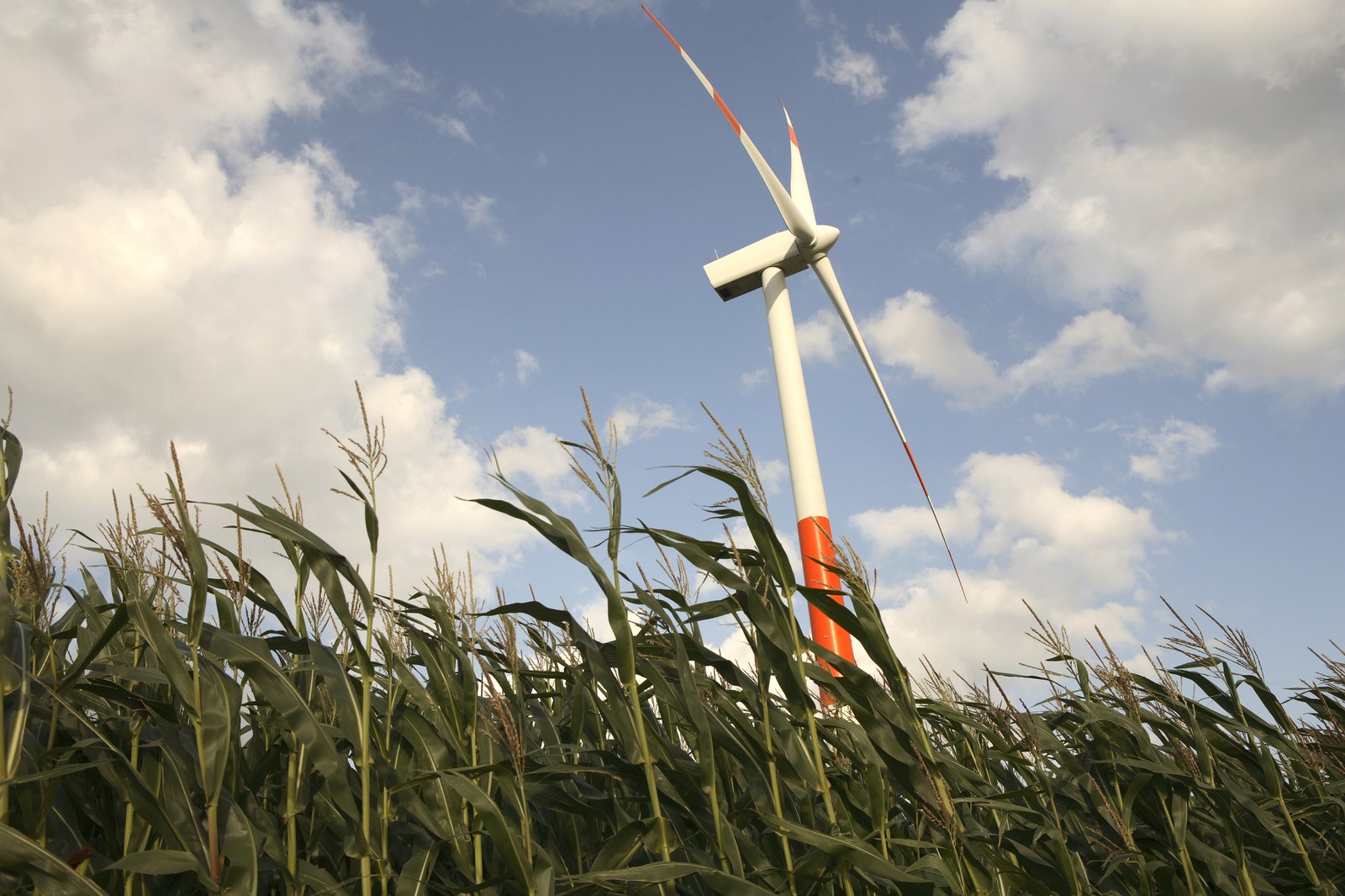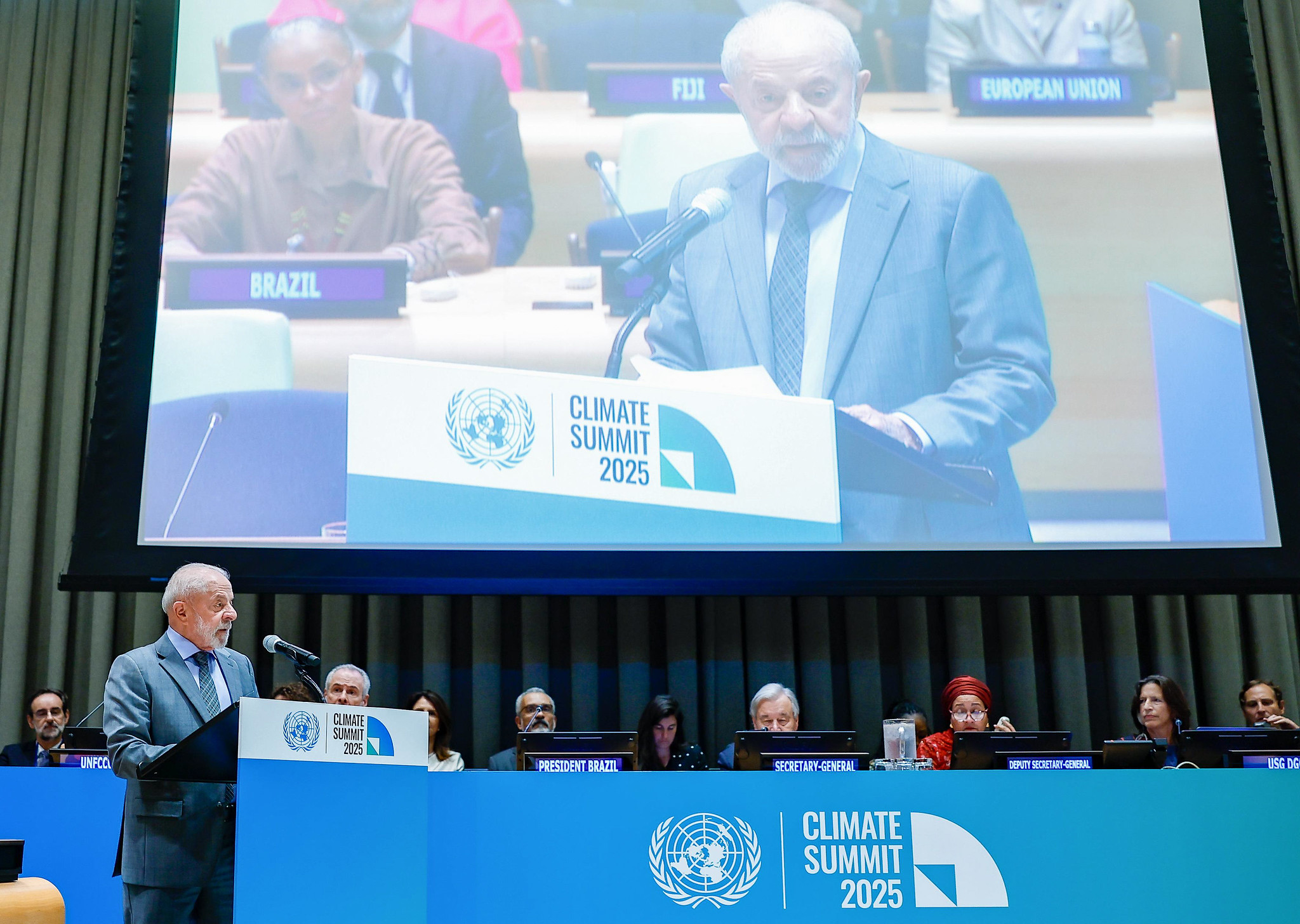New NDCs must accelerate energy transition and ecosystem restoration
Commitments are pivotal to keep global warming below 1.5°C — especially since the energy sector is responsible for 75 percent of global greenhouse gas emissions

By Mayara Souto / COP30
Promoting a fair, orderly, and equitable energy transition; tripling renewable energy capacity; doubling the global average rate of energy efficiency; restoring ecosystems; reversing forest degradation; and accelerating methane emission reductions—these were among the key conclusions of the first Global Stocktake (GST) of the Paris Agreement. The GST assessed the implementation of the initial Nationally Determined Contributions (NDCs) and set out collective priorities to be advanced by 2030.
With new NDCs due in 2025, countries have a critical opportunity to renew their commitments and raise the level of ambition in their targets by integrating tangible actions into their national plans.
“The COP30 Action Agenda must create collective motivation for the full implementation of the GST. It must mobilize all stakeholders to work alongside governments in advancing global causes, such as halting and reversing deforestation and forest degradation by 2030,” stated Mr. André Corrêa do Lago, the COP30 President, in his fourth letter to the international community.
“It should also support the acceleration of the energy transition worldwide, including tripling global renewable energy capacity, doubling the global average annual rate of improvement in energy efficiency by 2030, and transitioning away from fossil fuels in energy systems in a fair, orderly, and equitable manner,” he added.
The COP30 President also described the Action Agenda and the NDCs as the “instruments” of climate action. “Using the GST as a reference, we can transform climate action—moving from cacophony to a well-orchestrated symphony, where multilateral negotiations set the tone and the NDCs and Action Agenda provide the instruments,” he reflected.
NDCs specify each country's plans for limiting global warming to 1.5°C, as established under the 2015 Paris Agreement. These documents must be submitted to the United Nations Framework Convention on Climate Change (UNFCCC) every five years. This year, all 195 signatories are responsible for presenting their updated contributions. Thus far, 101 countries have pledged to submit new NDCs by COP30. As of the publication of this report, 62 have been formally submitted. Progress can be tracked on the UNFCCC website: https://unfccc.int/ndc-3.0.

“NDCs are the roadmap that will guide each country through this transformation,” stated President Luiz Inácio Lula da Silva during the 80th United Nations General Assembly in late September, issuing a global call for all parties to submit their commitments ahead of COP30.
Ms. Ana Toni, COP30 CEO, highlighted Brazil’s leadership in coordinating national commitments. “For the first time, a COP presidency hosted two Summits on NDCs—one in early 2025 and another during Climate Week in New York—signaling a global effort for more ambitious and well-structured commitments,” she noted during a Pre-COP press conference.
Brazil also co-chairs the NDC Partnership —a global network supporting countries in drafting and implementing their NDCs—and has collaborated with more than 70 nations to make their climate pledges more robust and detailed. The initiative directly strengthens the quality of national commitments by promoting clear sectoral targets, including those for energy and agriculture, and sound financial planning for implementation.
Energy transition is at the core of NDCs
Driver of climate change. “Three-quarters of global greenhouse gas emissions come from the energy sector. The energy transition is therefore the world’s main response to curb global warming,” stated Karen Silverwood-Cope, Director of Climate, Finance and Economy at WRI Brazil.
In the NDCs submitted to date, energy-related solutions have focused primarily on renewable sources—a trend expanding worldwide.
“The growth of renewables such as wind and solar power continues to accelerate. The same goes for biofuels. There’s also growing demand for bioenergy sources such as solid waste and biomethane,” explained Silverwood-Cope.
The International Energy Agency (IEA)'s World Energy Outlook 2024 highlights significant progress in NDCs since COP28 in Dubai, where countries agreed to triple renewable energy capacity. Before that, only 14 countries had explicit renewable energy goals in their NDCs. Today, roughly 70 countries—together responsible for 80 percent of global capacity—have already met or exceeded their renewable targets for 2030.
Brazil as a Global Model
Brazil stands out internationally for its renewable energy mix: over 90 percent of the country’s electricity comes from hydropower and other plant-based renewable sources.
“We started with hydropower because we didn’t have coal—not because we were thinking about climate change back in the 1960s or 1970s. Later, we moved to solar and wind energy,” recalled Mr. Corrêa do Lago during a renewable energy event at Climate Week in New York this September.
In an interview with the COP30 website, Ambassador Mauricio Lyrio noted Brazil’s leadership in biofuels. In many other parts of the world, he explained, consumers don’t have the option of filling up their cars with ethanol—which in Brazil is commonly produced from sugarcane—nor are their vehicles equipped with “flex-fuel” technology that allows the use of renewable fuels.
Financing: a critical link in the transition
Climate finance remains the main obstacle. During a meeting on NDCs at the UN General Assembly, the European Union stated that it will continue to be the largest global financier, mobilizing up to EUR 300 billion to support the clean transition. China, meanwhile, announced its first absolute reduction target for emissions.
During the event, leaders from the Global South, including Chinese President Mr. Xi Jinping and Kenyan President Mr. William Ruto, argued that the transition should reduce inequalities instead of widening the gap between the Global North and Global South.
The COP30 presidency has reiterated that this is a collective challenge. No country can close the gap between promises and actions alone. For this reason, the COP30 Action Agenda aims to mobilize governments, businesses, cities, and civil society to speed up the implementation of existing agreements and solutions aligned with the NDCs and Global Stocktake.
English version: Trad. Bárbara Menezes.
Proofreading by Enrique Villamil.
